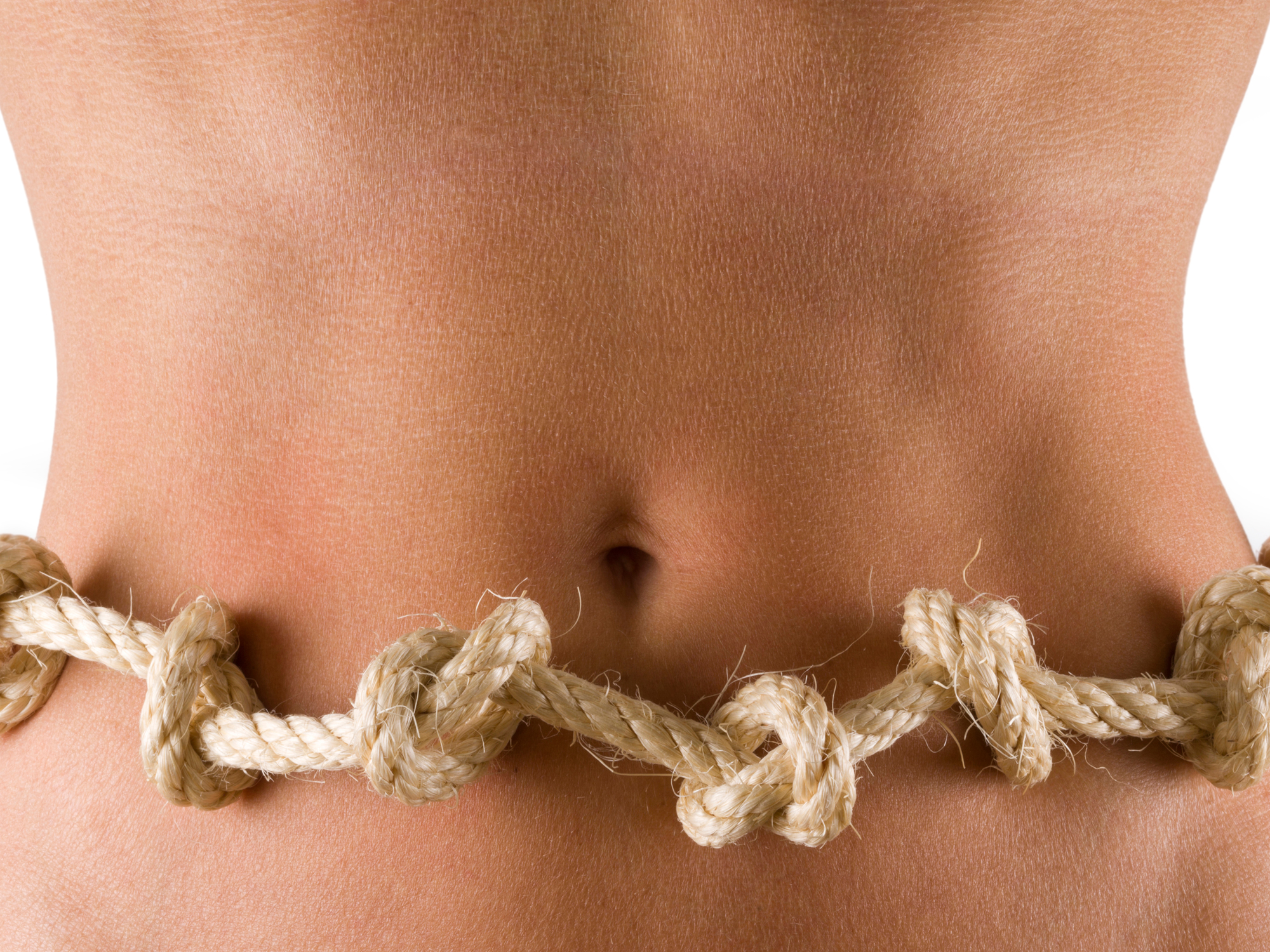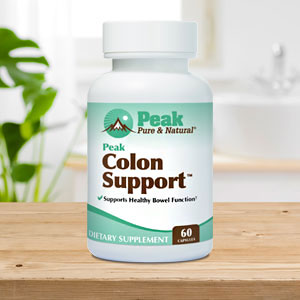Get Easy Health Digest™ in your inbox and don’t miss a thing when you subscribe today. Plus, get the free bonus report, Mother Nature’s Tips, Tricks and Remedies for Cholesterol, Blood Pressure & Blood Sugar as my way of saying welcome to the community!
6 ways to beat constipation for good

Constipation…
If you’re an unlucky sufferer, it can be a real strain, a real pain, and a real concern and worry.
While stimulant or bulk forming laxatives may help in the short term, over the long term they can cause impaction and make your constipation issues worse.
Studies have shown that people with constipation generally have lower levels of physical activity, hydration (particularly low intake of water-rich foods), and decreased dietary fiber and micronutrients – magnesium, vitamin C and folate.
Try implementing the following natural everyday strategies to help eliminate your constipation and keep things moving for good…
Physical activity
In order to get things moving internally, you need to get your body moving on a regular basis.
At the very least, aim for a short ten minute walk each day — the upright posture, combined with movement increases blood flow and stimulates muscle function in the bowel.
Hydration
Being thirsty is the first sign that your body is lacking 1-2 percent body water. And when you’re dehydrated, guess what happens?
Your body draws water out of the bowel into the body — which means a dry bowel that makes it difficult to pass food through.
Aim for the recommended minimum of 8 glasses of water per day to help loosen stools and stimulate easier passage.
Magnesium
Loss of electrolytes, particularly magnesium, leads to hardened stools.
Magnesium is needed for more than 300 enzymatic functions in the body. But it’s greatest benefit for constipation is its ability to draw water into the bowel, which dramatically loosens stools.
To eliminate constipation, magnesium sulfate and citrate have been shown to work the best. For the top 10 magnesium-rich foods, view our infographic here.
Vitamin C
Like magnesium, vitamin C draws water into the bowel to loosen stools.
Vitamin C also helps decrease oxidative stress and inflammation in the bowel, which can boost the whole pooping process as well.
Powdered forms of magnesium and vitamin C, mixed in water can do wonders.
The above four strategies should be implemented first to help mobilize any blockage. Keep using these methods regularly, but once things start moving more efficiently, the next step is to stop future blockages by increasing fiber and encouraging healthy gut bacteria. And here’s how to do that…
Psyllium husks and chia seeds
For an additional fiber boost, both psyllium husks and chia seeds contain soluble and insoluble fiber that can help keep you regular. Either can sprinkled into foods your regularly eat, or you may want to try overnight breakfast chia pudding.
However, be warned: when increasing your fiber intake, always ensure you drink adequate water or you could clog things up instead.
Fiber-rich vegetables
The body needs around 25 to 30 grams of fiber per day. Yet most people are only getting 10 to 15 grams — this just isn’t enough to keep you regular.
Vegetables such as broccoli, cauliflower, carrot, celery, green leafy vegetables and so forth, provide big doses of fiber, along with magnesium, folate and vitamin C. Plus, they have the additional benefit of being water-rich, too.
On top of this, fiber-rich vegetables encourage the growth of beneficial gut bacteria and part of their job is to assist with better digestion. The more beneficial gut bacteria you encourage, the easier your visits to the bathroom will be!
Editor’s note: Did you know that when you take your body from acid to alkaline you can boost your energy, lose weight, soothe digestion, avoid illness and achieve wellness? Click here to discover The Alkaline Secret to Ultimate Vitality and revive your life today!
Sources:
-
Arnaud MJ. Mild dehydration: a risk factor of constipation? European Journal of Clinical Nutrition. 2003;57(Suppl 2):S88–S95.
-
Murakami K, et al. Association between dietary fiber, water and magnesium intake and functional constipation among young Japanese women. European Journal of Clinical Nutrition. 2007;61:616–622.
-
Dupont C, et al. Efficacy and Safety of a Magnesium Sulfate–Rich Natural Mineral Water for Patients With Functional Constipation. Clinical Gastroenterology and Hepatology. 2014;12:1280–1287.
-
Lee WT, et al. Increased prevalence of constipation in preschool children is attributable to under-consumption of plant foods: A community-based study. Journal of Paediatrics and Child Health. 2008;44(4):170-5.
-
Paré P, Fedorak RN. Systematic review of stimulant and nonstimulant laxatives for the treatment of functional constipation. Canadian Journal of Gastroenterology & Hepatology. 2014;28(10):549-557.













